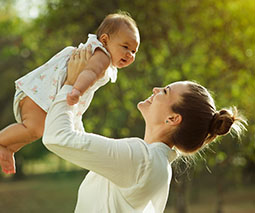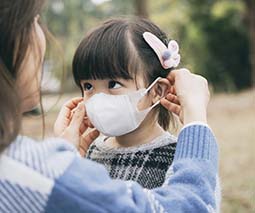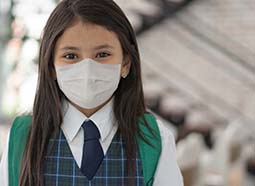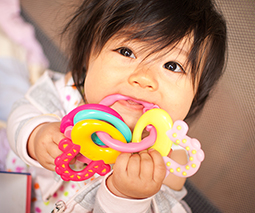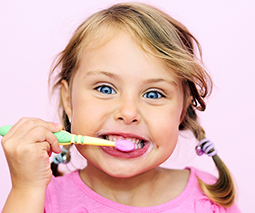Renewed warnings for mums to avoid eating placenta products
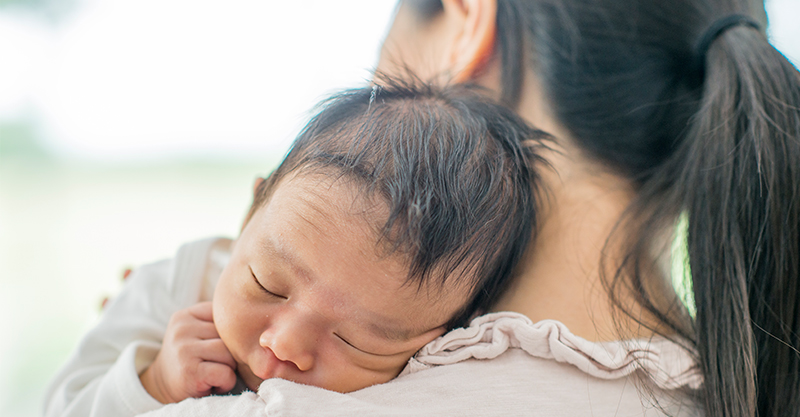
Anecdotal evidence suggests that eating products containing placenta may help women recover from childbirth, but science is once again cautioning against this popular practice.
Popular practice
There is currently no scientific data to support the claims that eating placenta can improve the energy and mood of new mums – and indeed the evidence is that it can cause more harm than good.
The Canadian government health department is the latest official body to warn women about the ingestion of placenta.
Some women have their placenta made into capsules in a process called placenta encapsulation, while others freeze and then ingest their placenta in other ways. Celebrity mums like Hilary Duff and Chrissy Teigen have revealed they ate their own placentas in the quest for optimal physical and mental health, like many mums before them.
Read more about eating placentas:
- Hilary Duff reveals that “placenta burps” are her least favourite thing
- “Happy pills!” 9 celebrity mums who ate their placentas
- Warning issued over use of placenta pills after baby contracts serious illness
A very real risk of infection
But experts – like Health Canada – are hoping to turn the tide.
“Health Canada is cautioning mothers and others who may be consuming human placenta preparations about potential risks for themselves and their babies,” CBC reports. “The federal department said consuming human placenta could lead to bacterial or viral infections in mothers or their babies. The risk is higher if someone ingests the placenta of another person.”
Detailing a serious infection a newborn contracted via her mother’s encapsulated placenta the Centre for Disease Control (CDC) warned that “no standards exist for processing placenta for consumption.” That baby required hospitalisation and the case sparked renewed warnings about the dangers of ingesting placenta.
Not all it’s cracked up to be
Assistant professor of Psychiatry and Behavioural Sciences at Northwestern University, Crystal Tennille Clark, has examined the data on the effects of eating encapsulated placenta. She says parents need to wise up and note that a placenta contains a variety of elements – not just the purported nourishing and beneficial ones.
“Bacteria and elements such as mercury and lead have been identified in the post-term placenta,” Clark told CBS News. “So if the theory is that we retain nutrients and hormones such as estrogen and iron that could be beneficial, then the question becomes what harmful substances can also be retained that could harm the mother or the baby if she is breastfeeding.”
While the argument that “animals eat their placenta” is often cited as support for this practice, Clark points out that animals do this immediately after birth, not storing or processing their placenta as humans are doing.
A cosy home for bacteria and viruses
While the conditions and temperature a placenta is processed under are usually unknown, there’s the added worry that nasties can live in the tissue quite happily.
“There have been studies that have shown bacteria and viruses can remain in the placenta tissue,” Dr Rebecca Starck, chair of regional obstetrics and gynaecology at Cleveland Clinic told CBS News.
“We don’t know that it’s being treated in a way that could prevent that from being passed to the mom,” she said.
